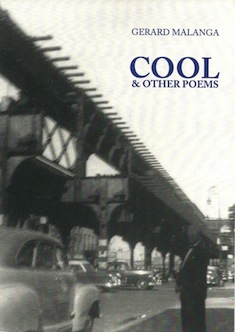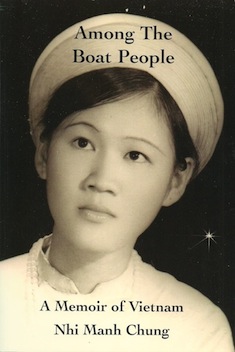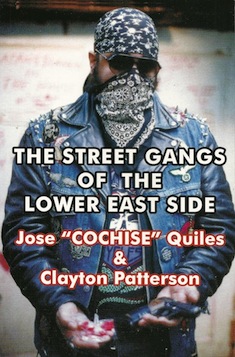. . . and the praise their authors have received.
“Now and again a poet is found who is a complex of many capabilities and patterns, all relating but none so isolating in its practice that the one is lost to the other. I have marveled for years at Gerard Malanga’s articulate endurance as a poet—and also as a photographer of singular power He has moved with deftness and great authority in the various worlds of art and pop, and never lost either his wits or his footing. In short, he reminds me as do few others of what poets might be in a common world if only they could or would.” — Robert Creeley (on a previous collection of Malanga’s poems, Whisper Sweet Nothings & Other Poems)
“As he rounds the corner of his seventies, Gerard Malanga’s new poems are steeped in a past that is intricately present. Figures and scenes from his overlapping lives—poet, photographer, dancer, man-about-town—press on him, and bring along the light in the room, the street, the trees, and any questions that remain. It’s all one poem, a kind of architecture of memory, as past and present commingle to ‘whisper sweet nothings,” the moving song of a pivotal crosscultural figure.” — Aram Saroyan (on Malanga’s collection, Whisper Sweet Nothings & Other Poems)
“Some memoirs feel more trustworthy than others. Nhi tells her stories not in a straight line but more like a roundelay. Outsider, refugee, immigrant, outsider again. Vietnam. Queens, Brooklyn, Vietnam again. Full circle but, maybe like all lives, perpetually unfinished. Some of her memories are horribly sad, others are funny, and all are recounted with a simple grace and an admirable survivor’s strength.” — John Stausbaugh, author of City of Sedition and Victory City.
“Nhi Manh Chung lost her mother Lieu, her brother Kwok Chieu & her young sister Bao to the ravaging dark sea while trying to escape Vietnam. … Accepting the fact that she is not a writer, she kept writing her memories which had become part of her heart/spirit/soul. Memories of Vietnam before the war; the cruelties created during & after the war; her more recent American life & the returning trips to the motherland she left. In doing so, she gives voice to those silenced & forgotten by history & to herself which enables her to declare her modest but solid sense of love for life. To witness her courage in revealing her personal history in order to give us a clear echo of resurrected humanity is extremely moving & irreplaceably powerful.” — Yuko Otomo, author of Study & Other Poems on Art, Koan & Anonymous Landscape
That reminds us of an earlier book which came our way.
“The Street Gangs of the Lower East Side offers a provocative eyewitness history of gang culture in the context of the whole diverse, eccentric and sometimes revolutionary LES scene of the ’70s through the early ’90s. More than that, however, the book contains revelatory moments that make you realize that gangs, though often perceived as something “other” and consigned to the outer darkness of the outlaw world, are actually, in surprising ways, representative of the mainstream currents. This is especially clear when you consider some of the transformations of the gang world recorded so lucidly in this book.” — Jerome Sala, a former Chicago gangbanger







